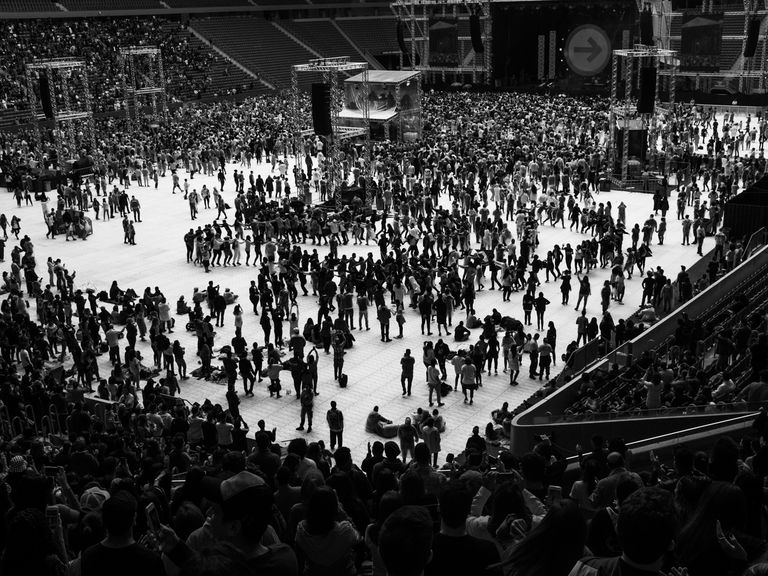Project Detail: Golgotha
Contest:
Reportage and Documentary 2022
Brand:
LuganoPhotoDays
Author:
Ian Cheibub
Status:
Selected
Project Info
Golgotha
Documentary
Golgotha: In Hebrew, "The Place of the Skull". In the Bible, the hill where Jesus was crucified. In the Roman Empire, the most cruel penalty. In Israel, the main pilgrimage point. Contemporary Brazil brings this dual meaning of Golgotha: a territory that is a death machine, but also the place of sacrifice, resurrection and redefinition of meanings.
The project tries to understand the different faces of evangelization in the country, looking where evangelicals appropriate and incorporate symbols, images, instruments and other aspects of ancestral Brazilian religions and popular culture. Many of these appropriations challenge the notion of "purity" and "sacred". What is the genuine Brazilian particularity that shapes this evangelical expansion?
This story tells different layers of the same faith in a very diverse and complex country. It looks at the place where the people put their faith, sometimes their money and many other times their anguishes and ambitions. I have covered a range of aspects of the evangelicals in Brazil, juxtaposing the religion, politics and social issues. Evangelical militias and drug dealers, indigenous conversion, megachurches, evangelical caucus in congress and conflict with AfroBrazilian religions are some of the chapters that I highlight in this story.
Each year 14,000 evangelical churches are opened in Brazil and by 2032 the number of evangelicals in the country will be higher than that of Catholics. This growth advances in institutional spaces, in the legislative and executive, in schools and in the media. This is one of the most important mass phenomena of the century, very little known by the international community. The impact of this change is great for the Catholic Church. Russia had a revolution and remained orthodox. The United States, even through the Civil War, remained Protestant. Among the large countries, changes like this only occurred as a result of wars and revolutions. In Brazil, the revolution is silent.


















